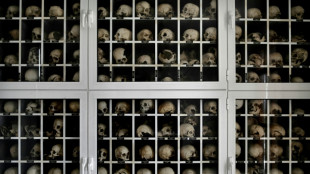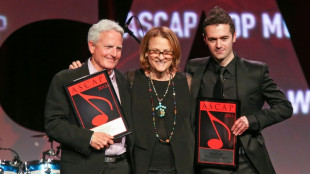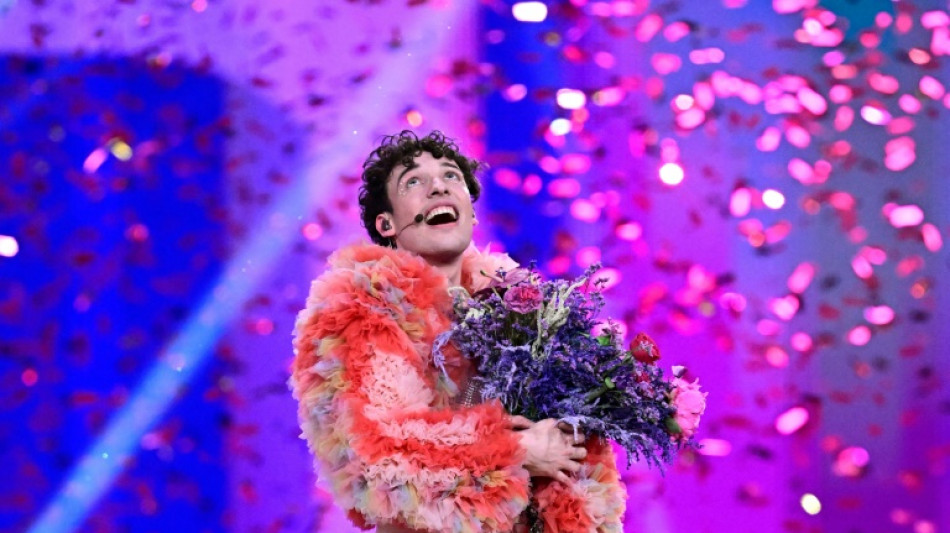
-
 Indonesia coal plant closure U-turn sows energy transition doubts
Indonesia coal plant closure U-turn sows energy transition doubts
-
Ukraine war talks to resume in Geneva with no sign of progress
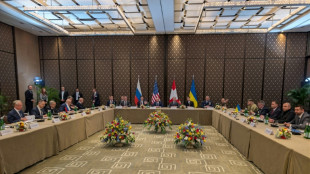
-
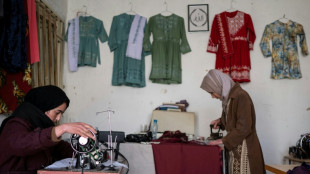 Afghan woman's boutique brightens Bamiyan
Afghan woman's boutique brightens Bamiyan
-
Zuckerberg to testify in landmark social media addiction trial
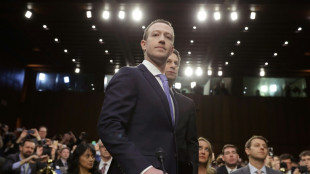
-
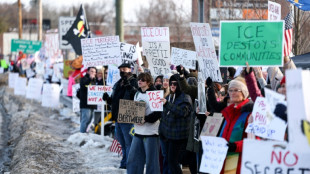 US towns resist Trump plans to jail immigrants in warehouses
US towns resist Trump plans to jail immigrants in warehouses
-
Ten skiers missing in California avalanche
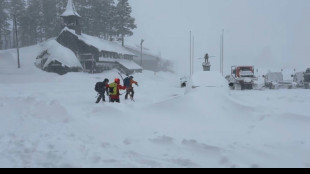
-
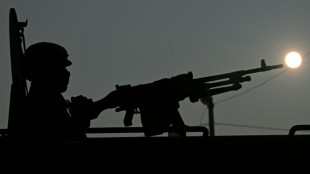 Guatemalan security forces deploy to gang-plagued capital
Guatemalan security forces deploy to gang-plagued capital
-
US to discuss base with Mauritius as UK returns islands

-
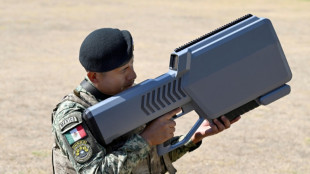 Mexico prepares for possible drone threats during the World Cup
Mexico prepares for possible drone threats during the World Cup
-
Bowlers, selectors under fire after Australia's T20 World Cup exit
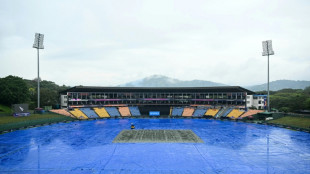
-
 Racism allegations overshadow Real Madrid victory as PSG win in Champions League
Racism allegations overshadow Real Madrid victory as PSG win in Champions League
-
Japan's Nakai shines on ice as Frostad soars to Olympic big air gold
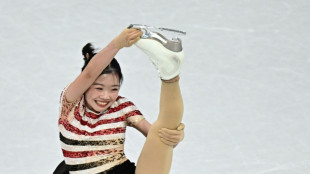
-
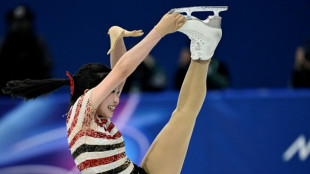 Japanese teen Nakai leads Sakamoto after Olympic women's short programme
Japanese teen Nakai leads Sakamoto after Olympic women's short programme
-
Sweden to face USA in Olympic men's ice hockey quarter-finals
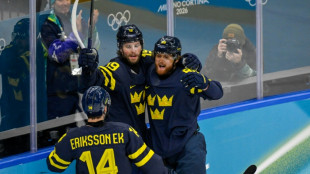
-
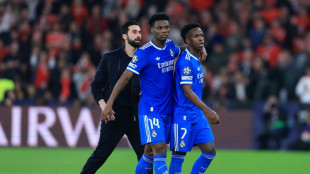 Alexander-Arnold hits out at 'disgusting' alleged Vinicius racism
Alexander-Arnold hits out at 'disgusting' alleged Vinicius racism
-
Bird flu ravaging Antarctic wildlife, scientist warns
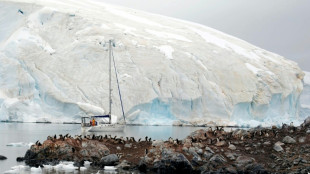
-
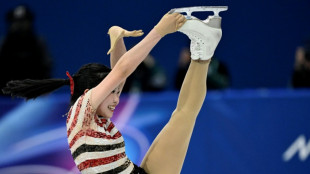 Nakai leads Sakamoto in Olympics after women's short programme
Nakai leads Sakamoto in Olympics after women's short programme
-
Guirassy guides Dortmund past Atalanta in Champions League play-offs
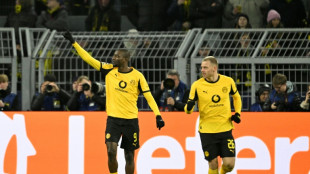
-
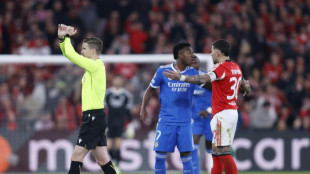 Vinicius stunner helps Real Madrid edge Benfica in play-off marred by alleged racism
Vinicius stunner helps Real Madrid edge Benfica in play-off marred by alleged racism
-
Doue inspires PSG to comeback Champions League win in Monaco
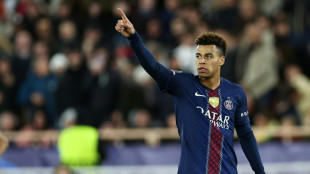
-
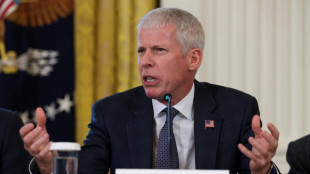 'Climate cult' hurts Europe's economy, US energy secretary tells AFP
'Climate cult' hurts Europe's economy, US energy secretary tells AFP
-
Peru's presidential musical chairs
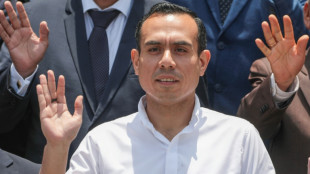
-
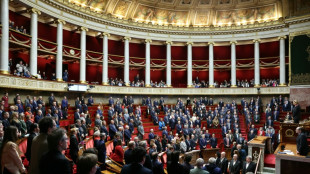 France arrests nine over far-right activist's killing
France arrests nine over far-right activist's killing
-
France arrests seven over far-right activist's killing
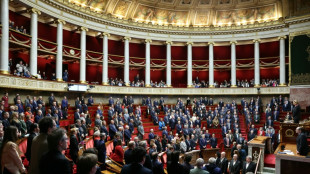
-
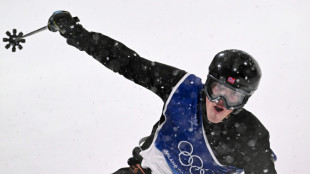 Frostad dethrones Ruud in Olympic freeski big air thriller
Frostad dethrones Ruud in Olympic freeski big air thriller
-
Galatasaray thrash 10-man Juve in Champions League play-off 1st leg
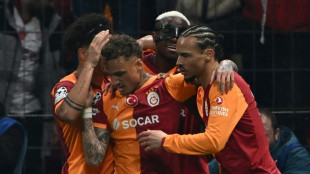
-
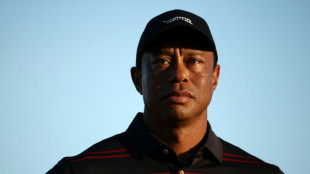 Woods return timeline uncertain, but won't rule out Masters
Woods return timeline uncertain, but won't rule out Masters
-
Dozens of film figures condemn Berlin Film Festival 'silence' on Gaza
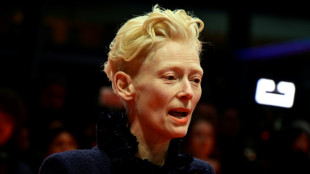
-
 Iran, Ukraine talks spark diplomatic merry-go-round in Geneva
Iran, Ukraine talks spark diplomatic merry-go-round in Geneva
-
Canada launches huge defence plan to curb reliance on US
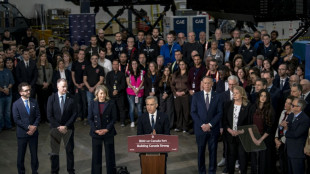
-
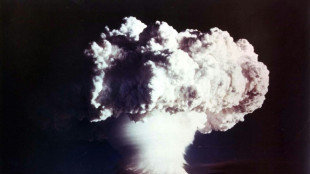 US says will match alleged Chinese low-yield nuclear tests
US says will match alleged Chinese low-yield nuclear tests
-
Alcaraz battles into second round of Qatar Open
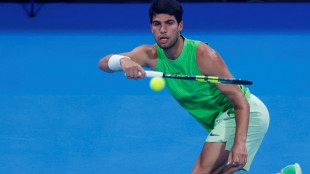
-
 Russians, Belarusians to compete under own flags at Paralympics: IPC tells AFP
Russians, Belarusians to compete under own flags at Paralympics: IPC tells AFP
-
Bayer proposes class settlement for weedkiller cancer claims
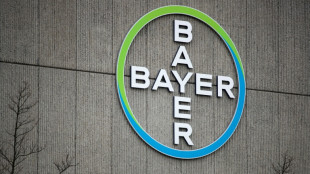
-
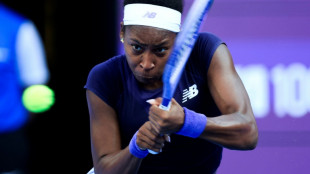 Gauff, Rybakina cruise into Dubai last 16
Gauff, Rybakina cruise into Dubai last 16
-
Greenland entrepreneur gambles on leafy greens
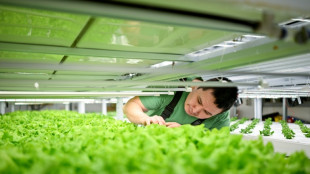
-
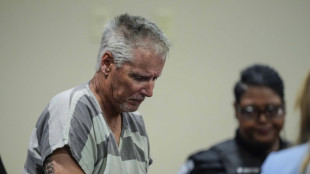 Father of US school shooter goes on trial on murder charges
Father of US school shooter goes on trial on murder charges
-
Iran, US agree on 'guiding principles' for deal at Geneva talks: Iran FM
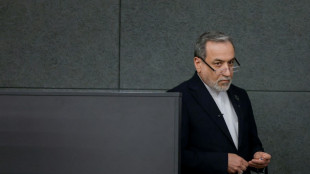
-
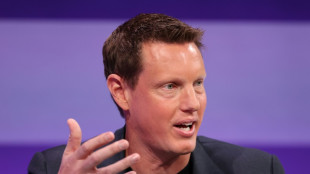 Warner Bros. gives Paramount one week to outbid Netflix
Warner Bros. gives Paramount one week to outbid Netflix
-
Russians, Belarusians allowed to compete under own flags at 2026 Paralympics: IPC tells AFP

-
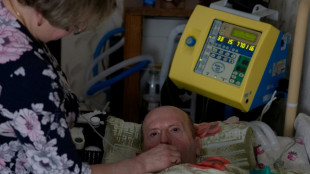 Ukrainian wife battles blackouts to keep terminally ill husband alive
Ukrainian wife battles blackouts to keep terminally ill husband alive
-
Pollock handed first England start for Ireland visit
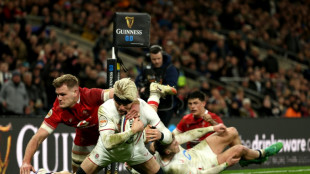
-
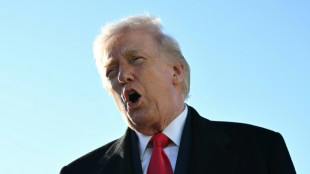 Oil prices fall back as 'hopeful' Tehran responds to Trump
Oil prices fall back as 'hopeful' Tehran responds to Trump
-
Arteta welcomes Madueke and Saka's competition for places
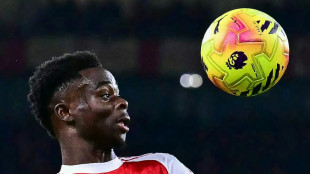
-
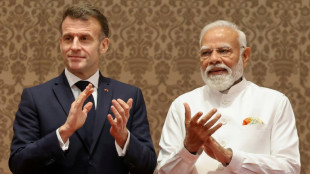 France and India hail growing ties as Modi hosts Macron
France and India hail growing ties as Modi hosts Macron
-
Warner Bros. says reopening talks with Paramount on its buyout offer
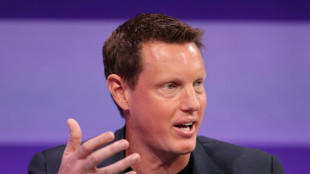
-
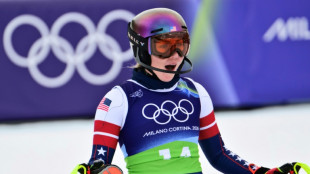 Slalom showdown Shiffrin's last chance for Milan-Cortina medal
Slalom showdown Shiffrin's last chance for Milan-Cortina medal
-
Protesters march in Kosovo, as ex-president's war crimes trial nears end
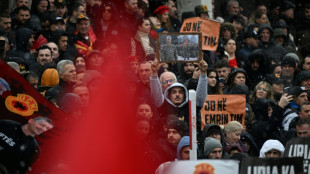
-
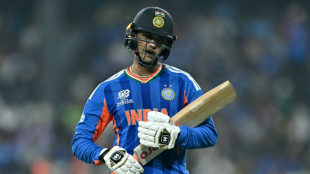 No pressure on India opener Abhishek after two ducks, says coach
No pressure on India opener Abhishek after two ducks, says coach
-
Sakamoto eyes figure skating gold in Olympic farewell
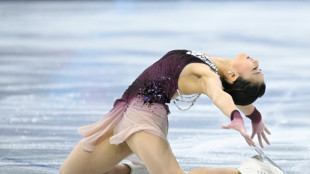

Eurovision final: how it works
The Eurovision Song Contest evokes a world of intrigue with song rules, juries and votes that draw out the drama until a winner is crowned.
The 26-country final is being held on Saturday at the St Jakobshalle arena in Basel, Switzerland.
Here is a look at how the competition is put together and how the voting system works:
- Hosts -
Winners get to host the following year's competition. Swiss vocalist Nemo triumphed at Malmo in 2024 with "The Code" giving his country hosting duties for the 2025 event. The singer will perform twice in this year's show in Basel.
- Who takes part? -
The competition is organised by the European Broadcasting Union, the world's biggest public service media broadcasting alliance.
Competing acts are selected by EBU member broadcasters representing their countries. This year, 37 countries entered.
The song and artist can be chosen through televised national selection shows, an internal process or a mixed method.
- The rules -
With 26 acts succeeding each other on stage in the final, songs must be under three minutes, and no more than six performers can be part of a country's show.
Lead vocals must be live, performed to a pre-recorded backing track.
Songs must be original, and since 1999 can be in any language. The lyrics and performances must avoid political, commercial or offensive content.
- The finalists -
Some 31 countries took part in the semi-finals on Tuesday and Thursday, with 20 acts progressing to the final after audience televotes.
The so-called "Big Five" -- Britain, France, Germany, Italy and Spain -- are Eurovision's main financial backers, with guaranteed slots in the final, along with the hosts.
- Voting system -
All 37 participating countries get to vote in the final.
Two sets of points, with equal weight, come from each country.
One set is given by a jury of five music industry professionals, who vote in advance after watching the second dress rehearsal.
The other set is given on the night by viewers voting via telephone, text message or the official app.
Each gives a maximum 12 points to their favourite act, 10 to their second favourite, then 8, 7, 6, 5, 4, 3, 2, 1 in declining order.
The rest of the world also has a viewer online vote, counting as an additional voting country.
Countries cannot vote for themselves.
- Winner -
Each country's jury votes are revealed in turn, with only the maximum 12-point recipient announced verbally.
Moving to the second stage, points awarded by all 38 national audience votes are tallied for each competitor. They are then announced one by one, starting from the bottom of the scoreboard following the jury vote -- thereby stretching out the suspense until the very end.
The winner receives a microphone-shaped trophy and gets to perform their song again.
B.Finley--AMWN
